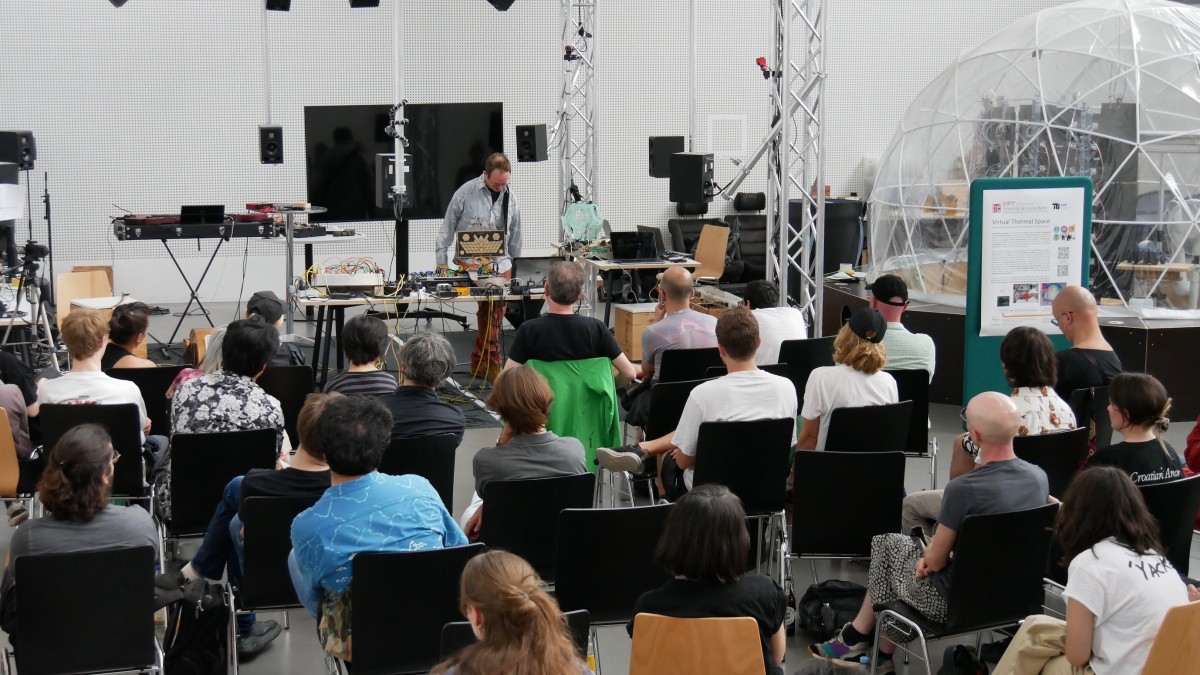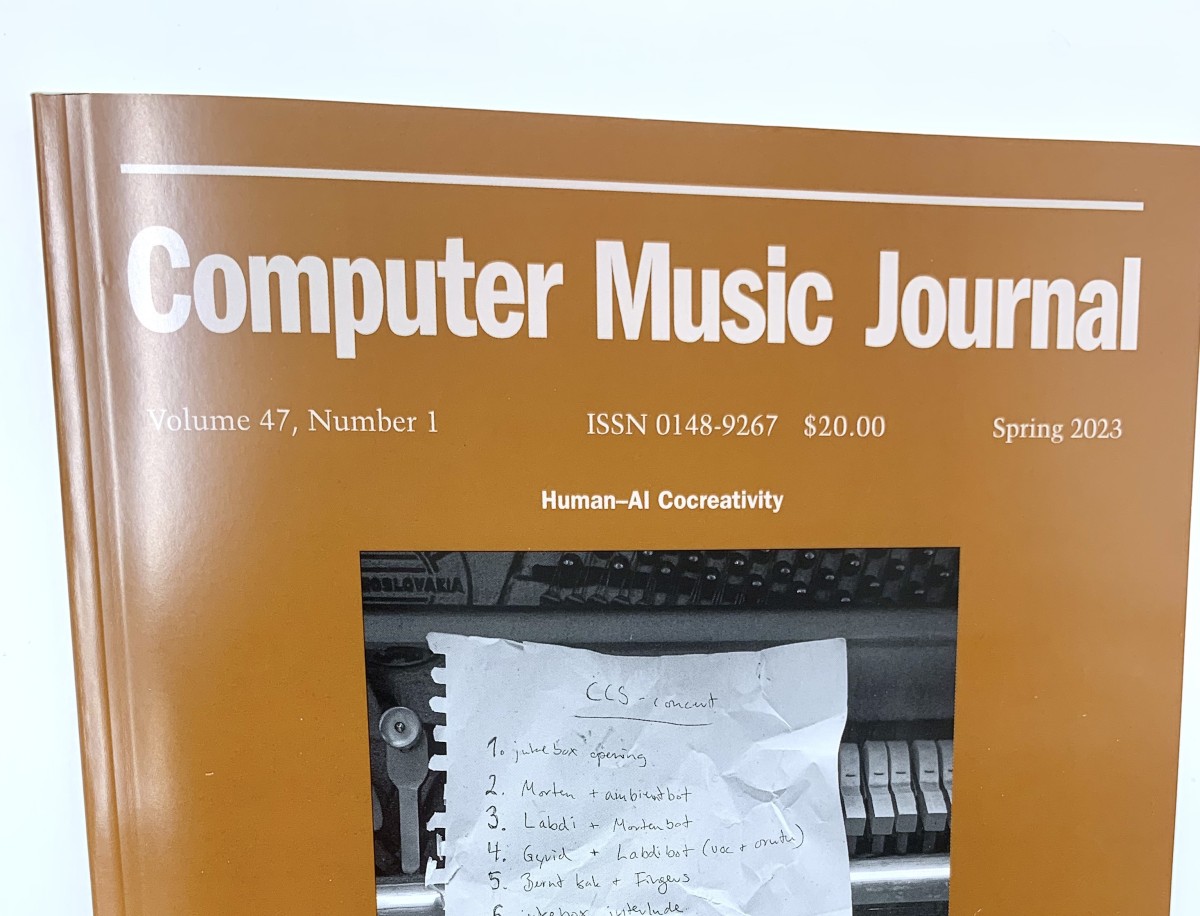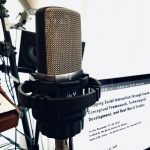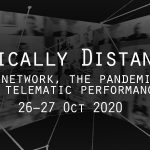PD#3 will be part of Ecology, Site And Place – Piteå Performing Arts Biennial 2020. Participation in the conference is free, but registration is compulsory. Register by sending an email to piteabiennial@gmail.com
After the two previous editions in June and July, the third Physically Distant Talks will take place on 26 and 27 October 2020. The talks are going to be part of the online event of Ecology Site and Place – Piteå Performing Arts Biennial.
The format will be different this time, as there are going to be more telematic performances and the talks will be structured in three panels. Each panel member is invited to prepare a 3-minute provocation/reflection related to the topic. This collection of provocations from the panelists will set the tone for an open discussion in the style of the previous Physically Distant talks. As in the previous editions of the talks, Stefan Östersjö and myself, Federico Visi, will be moderating the discussion.
Programme (all times are CET)
Monday, 26 October 2020
17:30 Introduction. Stefan Östersjö and Federico Visi
17:40 Simon Waters and Paul Stapleton: Musicking online: your technical problem is actually a social problem. A performative conversation.
18:00-19:00 Panel I. Instrumentality in Networked Performance
Panelists: Nela Brown, Nicholas Brown, Juan Parra Cancino, Franziska Schroeder, Henrik Von Coler.
19:00-19:45 Telematic Performance: A concert hall organ in the network.
Live-streaming from Studio Acusticum. Telematic performances with the University Organ remotely controlled from several locations.
Robert Ek, clarinet, performing in Piteå (SE)
Mattias Petersson, live-coding, performing in Piteå (SE)
Federico Visi, electronics, electric guitar, performing in Berlin (DE)
Scott Wilson, live coding, performing in Birmingham (UK)
Stefan Östersjö, electric guitar, performing in Stockholm (SE)
19:45-20:00 Break
20:00-21:00 Panel II. Network ecology: Communities of practice for the digital arts
Panelists: Shelly Knotts, Thor Magnusson, Mattias Petersson, Rebekah Wilson, Scott Wilson.
Tuesday, 27 October 2020
17:45-18:00 Marcin Pączkowski: rehearsing music online: possibilities and limitations
18:00-19:00 Panel III. The network as place
Panelists: Ximena Alarcon Diaz, David Brynjar/Angela Rawlings/Halla Stefansdottir, Chicks on Speed (Melissa Logan, Alex Murray-Leslie), Maja Jantar, Marcin Paczkowski, Roger Mills, Luca Turchet.
19:00-19:30 Telematic Performance: iða
David Brynjar Franzson, technical concept and streaming (US)
Maja Jantar, performer and composer of visual score (BE)
Angela Rawlings, performer and composer of visual score (IS/CA)
Halla Steinunn Stefánsdóttir, performer and composer of visual score (SE)
19:30-20:00 Break
20:00-21:00 Where do we go from here? (plenary discussion)
For more details on the Ecology, Site And Place – Piteå Performing Arts Biennial 2020 online event, download the book of abstracts.






